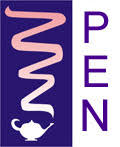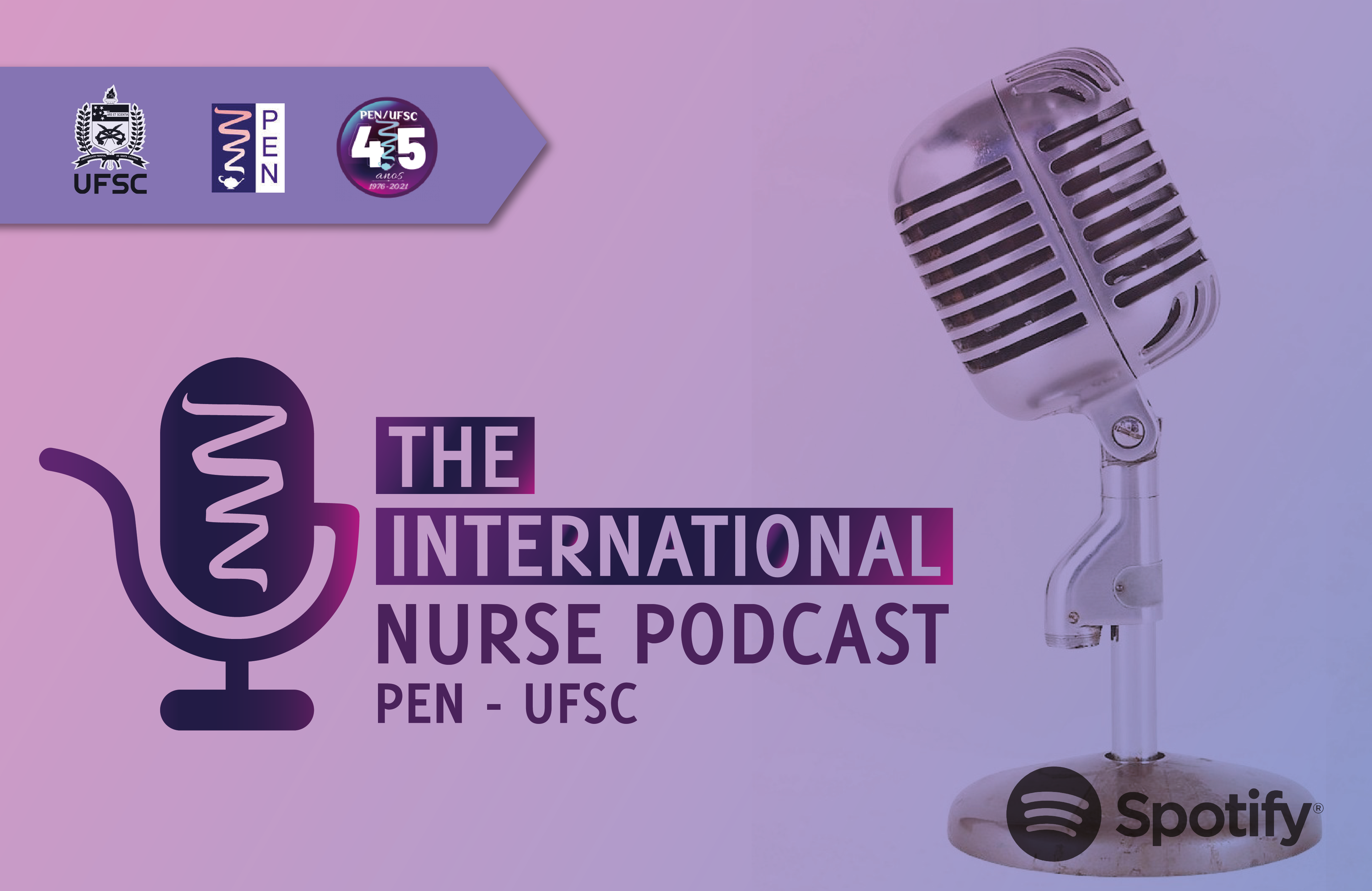The Doctorate in Nursing, with its two Areas of Concentration, consists of 48 credits:
- 12 credits in compulsory subjects – common to both areas;
- 8 credits in compulsory subjects in each area of concentration (from the list of subjects offered specific to Areas 1 and 2);
- 16 credits in electives from the flexible axis, teaching internship, complementary activities, in subjects from other UFSC stricto sensu courses or in validated subjects from other courses (respecting the regulatory limits for validation);
- 12 Thesis credits.
CURRICULUM
| Area of Concentration 1: Health Care and Nursing in the Human Living Process | Concentration Area 2: Education, Work and Management in Health and Nursing |
| Common Compulsory Subjects – Area 1 and 2 (fulfill 12 credits) | |
|
|
|
|
|
|
| Compulsory subjects Area 1 (8 credits) | |
|
|
|
|
|
|
| Compulsory subjects Area 2 (8 credits) | |
|
|
|
|
|
|
| THESIS SEMINAR – 12 CREDITS | |
| Common electives Master’s and Doctorate (fulfill 16 credits) | |
Complementary Activities:
|
Total: 48 credits. Maximum time to complete the course: 48 months.
COURSE SYLLABUS
NFR 510115 – Advanced Qualitative Research in Health and Nursing – 4 credits
Syllabus: Bases, trends, advances and perspectives of qualitative research in health and nursing. Qualitative research projects and designs. Methods, techniques and instruments for collecting and analyzing qualitative data. Technologies for analyzing qualitative data. Quality of qualitative research reports. Rigor, ethics and integrity in qualitative research.
NFR 510109 – Advanced Quantitative Research in Health and Nursing – 4 credits
Syllabus: Bases, trends, advances and perspectives of quantitative research in health and nursing. Quantitative research projects and designs: problem, objectives and hypothesis, sample, variables, data collection, recording and organization strategies. Descriptive and inferential statistics. Parametric and non-parametric statistical tests. Quality of quantitative research reports. Rigor, ethics and integrity in quantitative research.
NFR 510103 – Philosophy of Science, Nursing and Health – 4 credits
Syllabus: Analysis of philosophical and scientific thought and its contributions to health and nursing. Knowledge and truth. Ontological and epistemological bases of science, nursing and health disciplines. The relationship between science, technology and ethics.
MANDATORY FOR AREA 1
NFR 510106 – Technologies and innovations for health care and nursing – 4 credits
Syllabus: Ontological, epistemological and methodological dimensions for care technologies in Nursing and Health. Theories and models of care technology in nursing and health. Art and creativity in care practices. The rationale, methods and policies for technological production.
NFR 510105 – Evidence-based practice in the health-disease process and nursing – 4 credits
Syllabus: Evidence-based practice. Identifying the parameters for recommending evidence and guidelines. Types of design and levels of evidence. Investigation of evidence in databases. Critical analysis of evidence. Application of concepts to different health service needs.
NFR 510107 – Health Promotion in the Human Living Process and Nursing – 4 credits
Syllabus: Theoretical-Philosophical, Historical and Political Conceptions of Health Promotion. Strategies and Practices in Health Promotion in different contexts of care for individuals, families and collectivities. Health Promotion and Health Education in the different phases of the life cycle and the process of living, getting sick, dying and transcending. Contemporary daily life, socio-anthropological aspects, social determination and Health Promotion.
COMPULSORY IN AREA 2
NFR 510108 – Work Process and History in Health and Nursing – 4 credits
Syllabus: Political, philosophical, sociological and historical bases of work in health and nursing. Work in health and nursing in the context of human work and socio-historical transformations. The workforce, the purpose, the object, the tools and the product. Work, discipline and profession. The constitution of the health professions in the social and historical context. Objective and subjective dimensions for analyzing health work.
NFR 510104 – Policies and technologies in management and evaluation in Health and Nursing – 4 credits
Syllabus: Theoretical-philosophical conceptions of management in educational organizations and health services. Management and evaluation policies and technologies in health and nursing. Organizational systems, planning and evaluation in health education and nursing. Theoretical and methodological bases for the production and application of technologies in education, health and nursing. Emerging technologies for management and evaluation in health and nursing.
NFR 510113 – Professional Education in Health and Nursing – 4 credits
Syllabus: Theoretical, philosophical and political aspects of professional and teacher training in health and nursing at the different levels (mid-level professional education, undergraduate and postgraduate). Concepts, assumptions and trends in teaching-learning and assessment. Permanent training for health and nursing professionals and teaching-service integration.
ELECTIVES
Convergent Care Research – 3 credits
Syllabus: Research-intervention projects: bases, trends and methodological perspectives. Convergent care research. Theoretical and methodological depth for the development of the dissertation project. Data collection and analysis strategies.
NFR 510078 – Care in acute situations – 3 credits
Syllabus: Nursing care for people in acute and emergent situations in the process of living, becoming ill and dying. Health promotion and accident prevention. Evidence-based practice.
NFR 510074 – Public policies in women’s and newborns’ health care – 3 credits
Syllabus: Historical and political aspects related to the health of women and newborns. Contextualization of government programs, current legislation and the contribution of nursing in the area.
NFR 410086 – Ethics and bioethics in Health and Nursing – 3 credits
Syllabus: Ethical-philosophical reflection on issues in the field of health and nursing. Bioethics as a field of interdisciplinary knowledge and political action. Conceptual bases of bioethics. Bioethics and Biopolitics. Values, argumentation and moral deliberation as critical tools for professional practice in health and nursing.
Sociocultural History of Education, Health and Nursing – 3 credits
Syllabus: Nursing as a historically constructed practice. History of therapeutic practices and training in health and nursing. The historical relationship between professional practice and social structure, health policies, paradigms of knowledge production and health policies. Objects of study, theoretical and methodological approaches in history. Teaching the history of nursing and developing a critical awareness of the profession.
Clinical Research in Health Care and Nursing – 3 credits
Syllabus: Principles of clinical research in health and nursing, semi-experimental and experimental studies. Issues identified in clinical practice and aimed at analyzing the effects of nursing actions and interventions with an impact on people’s health. Principles and methods of clinical research for the quality and safety of health care. Ethical aspects, standards for planning, recording and reporting clinical trials.
Teacher Training and Development in Health and Nursing – 3 credits
Syllabus: Theoretical and philosophical aspects of teacher training in nursing and health. Critical and reflective teacher training. Concepts, assumptions and trends in teaching and learning. Analysis of education policies. Evaluation in teaching. Teaching-service integration.
Writing Scientific Articles – 3 credits
Syllabus: Rules and stages for writing and developing scientific articles. Criteria for evaluating manuscripts submitted for publication in scientific journals. Criteria for authorship of scientific articles. Challenges and commitments in scientific publishing. Ethical aspects in preparing and finalizing a scientific article.
Special Topics in Research – 1 to 2 credits
Syllabus: Development of current, controversial and/or innovative themes of interest to research, production and dissemination of knowledge in health and nursing. Of interest to society, professional organizations and science in the context of health and nursing.
Note: This subject is offered on the initiative of the program, in response to demands raised with a group of students (at least 5 students), or due to opportunities for exchange of professors and projects. It will have a specific syllabus, according to the chosen topic.
Special Topics in Health and Nursing – 1 to 2 credits
Syllabus: Development of current, controversial and/or innovative topics of interest to health and nursing, in different social contexts.
Note: This subject is offered at the initiative of the program, in response to demands raised with a group of students (at least 5 students), or due to opportunities for exchange of teachers and projects. It will have a specific syllabus, according to the chosen topic.
Teaching Internship – 2 to 3 credits
Syllabus: Participation in teaching activities at secondary, undergraduate or postgraduate level. Application of innovative teaching and learning methodologies/technologies. Inter-institutional exchange of curricular and/or extra-curricular activities.
Complementary research activity (ACP) – 1 to 2 credits
Syllabus: activities developed by the postgraduate student which, upon proof of their relevance to the researcher’s training, can be validated. Each postgraduate student can add up to 4 credits in different CRAs.
PEN will regulate the types of PCA and credits to be awarded in a specific normative instruction.
Complementary activity in extension (ACE) – 1 to 2 credits
Syllabus: activities developed by the postgraduate student which, upon proof of their relevance and relevant differential for academic training and social insertion, can be validated. Each postgraduate student can add up to 4 credits in different ACEs.
The PEN will regulate the types of ACE and the credits to be awarded. For example: organizing national or local events; offering extension courses; presenting a paper at an event abroad.
Thesis credits – 12 credits
This is the development of activities to deepen the theory and methodology of the course’s final work.
Note: Doctoral students may take subjects from the Academic Master’s Course and the Professional Master’s Course in Nursing Care Management, especially in their area of concentration.



